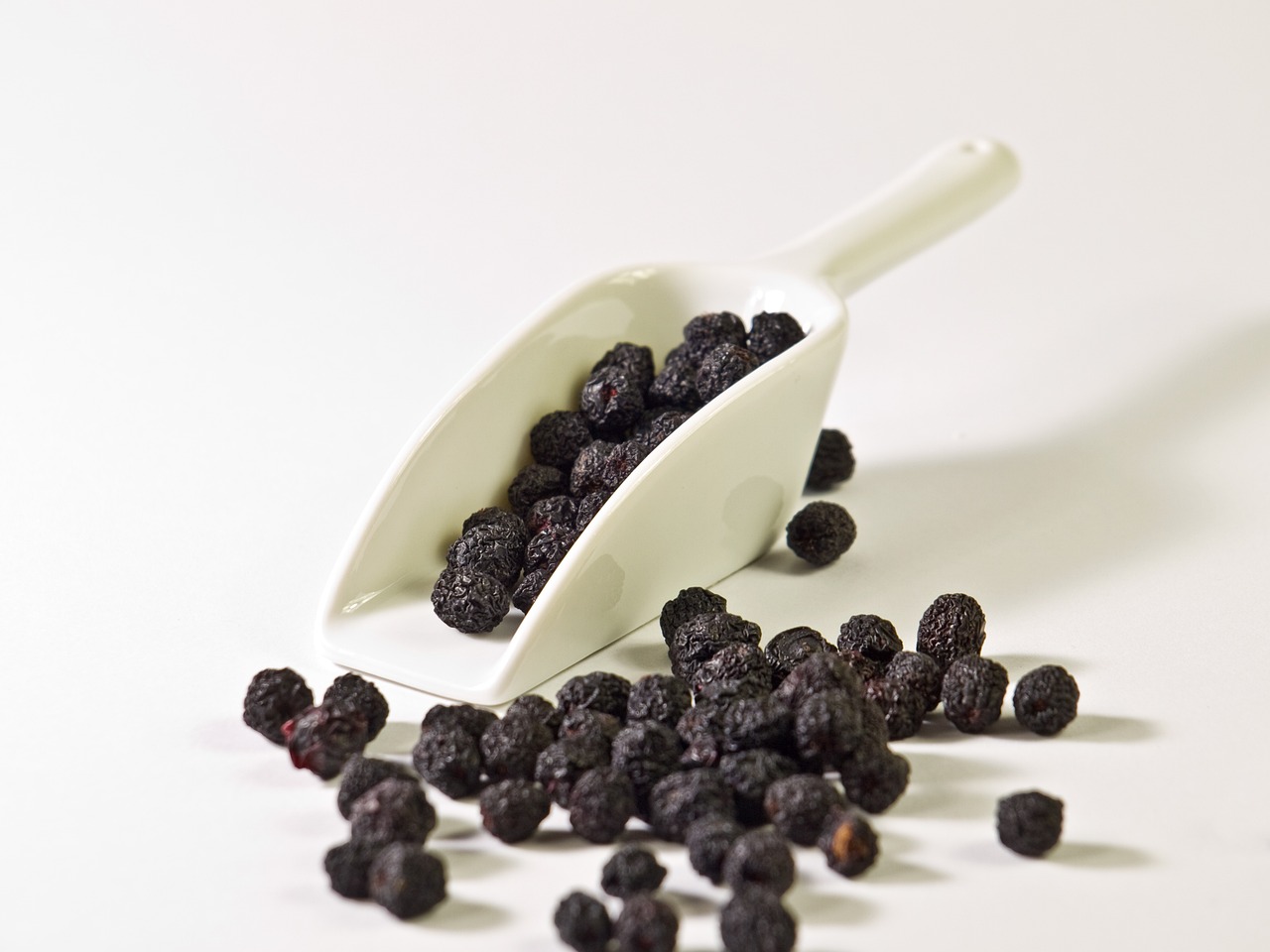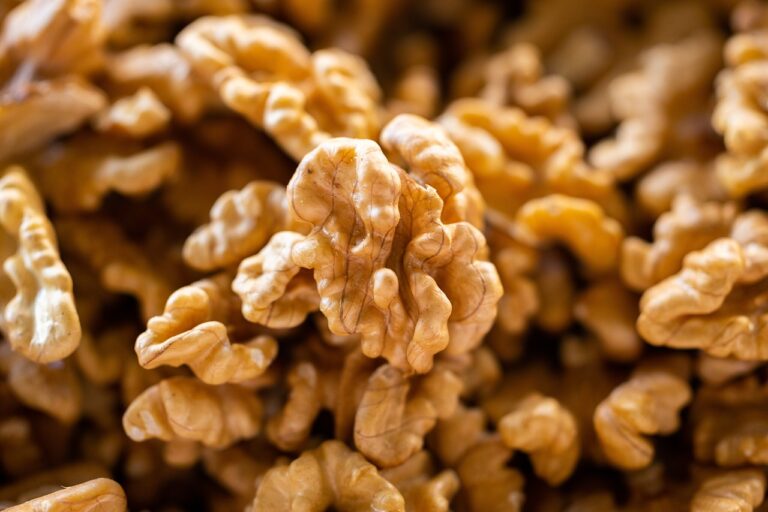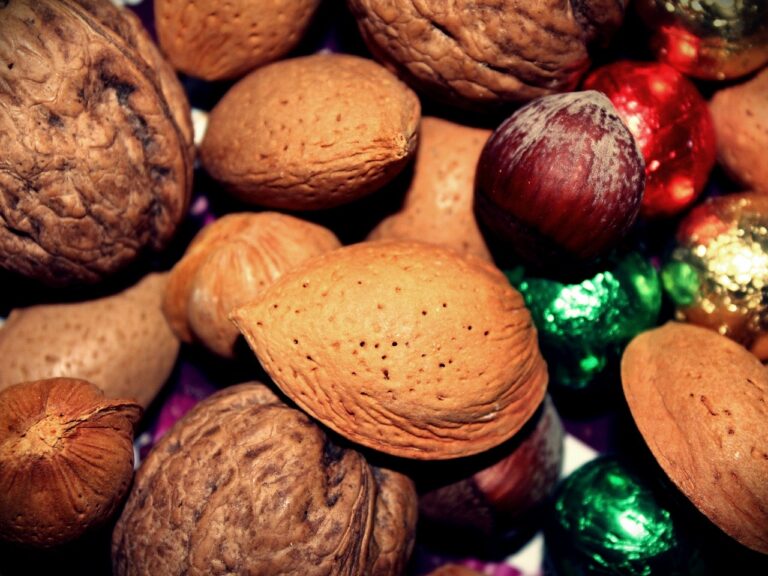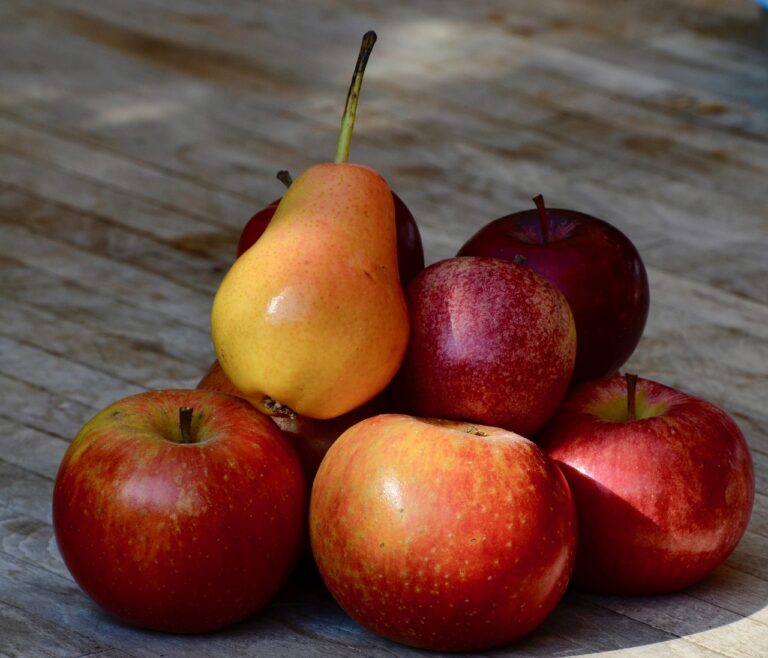Understanding the Connection Between Diet and Liver Health: Laser247. com cricket, Lotus365 vip login, Sky247
laser247. com cricket, lotus365 vip login, sky247: Understanding the Connection Between Diet and Liver Health
When it comes to maintaining good overall health, one of the most important organs to consider is the liver. The liver plays a crucial role in many bodily functions, including detoxification, metabolism, and nutrient storage. One key factor that can greatly impact the health of your liver is your diet. In this article, we will explore the connection between diet and liver health, and provide you with some tips on how you can support liver health through your dietary choices.
The Liver: An Essential Organ
Before we dive into the relationship between diet and liver health, let’s first take a closer look at the liver itself. The liver is the largest internal organ in the body, and it plays a vital role in maintaining overall health. Some of the key functions of the liver include:
– Detoxification: The liver helps to detoxify harmful substances from the body, such as alcohol, drugs, and environmental toxins.
– Metabolism: The liver helps to metabolize nutrients from the food we eat, including carbohydrates, fats, and proteins.
– Storage: The liver stores essential nutrients, such as vitamins and minerals, for future use.
– Production: The liver produces bile, which is necessary for digestion, as well as proteins and enzymes that are essential for various bodily functions.
Given the important functions of the liver, it is crucial to take steps to support its health and function. One way to do this is through your diet.
The Impact of Diet on Liver Health
Your diet plays a significant role in the health of your liver. Certain dietary patterns and food choices can either support or harm liver function. Here are some key ways in which diet can impact liver health:
– Alcohol: Excessive alcohol consumption is one of the most common causes of liver damage. Alcohol is toxic to liver cells and can lead to conditions such as fatty liver disease, alcoholic hepatitis, and cirrhosis. Limiting alcohol intake is essential for maintaining a healthy liver.
– Sugar: Diets high in sugar and refined carbohydrates can contribute to the development of non-alcoholic fatty liver disease (NAFLD). Excess sugar is converted into fat in the liver, leading to the accumulation of fat in liver cells. Limiting your intake of sugary foods and drinks is important for liver health.
– Processed Foods: Processed foods are often high in unhealthy fats, sugars, and additives that can be harmful to the liver. Consuming a diet rich in whole, unprocessed foods is beneficial for liver health.
– Fruits and Vegetables: Fruits and vegetables are rich in antioxidants, vitamins, and minerals that can help protect the liver from damage. Including a variety of colorful fruits and vegetables in your diet is a great way to support liver health.
– Healthy Fats: Certain fats, such as those found in avocados, nuts, seeds, and oily fish, are beneficial for liver health. These fats help reduce inflammation and support liver function.
– Hydration: Staying hydrated is important for overall health, including liver health. Drinking an adequate amount of water helps the liver function properly and flush out toxins.
By making healthy dietary choices and avoiding harmful foods, you can support the health of your liver and reduce your risk of liver disease.
Tips for Supporting Liver Health Through Diet
If you’re looking to improve your liver health through your diet, here are some tips to help you get started:
1. Limit alcohol consumption: If you drink alcohol, try to limit your intake to moderate levels or consider abstaining altogether.
2. Choose whole, unprocessed foods: Focus on eating a diet rich in fruits, vegetables, whole grains, lean proteins, and healthy fats.
3. Limit sugar and refined carbohydrates: Reduce your intake of sugary foods and drinks, as well as processed foods high in refined carbohydrates.
4. Include antioxidant-rich foods: Incorporate foods high in antioxidants, such as berries, leafy greens, and nuts, into your diet to support liver health.
5. Stay hydrated: Drink plenty of water throughout the day to help the liver function properly and eliminate toxins from the body.
6. Limit intake of unhealthy fats: Avoid trans fats and saturated fats found in fried foods, processed snacks, and fatty meats.
By making these dietary changes, you can help support the health of your liver and improve your overall well-being.
FAQs
Q: Can a poor diet really damage the liver?
A: Yes, a poor diet high in unhealthy fats, sugar, and processed foods can contribute to liver damage over time.
Q: How can I tell if my liver is healthy?
A: Some signs of a healthy liver include clear skin, normal digestion, and stable energy levels. Regular blood tests can also provide insight into liver function.
Q: Are there any supplements that can support liver health?
A: Some supplements, such as milk thistle, turmeric, and vitamin E, have been shown to support liver health. However, it’s important to consult with a healthcare provider before taking any supplements.
In conclusion, your diet plays a crucial role in the health of your liver. By making healthy dietary choices and avoiding harmful foods, you can help support liver function and reduce your risk of liver disease. Remember to focus on eating whole, unprocessed foods, limiting alcohol and sugar intake, and staying hydrated to keep your liver healthy and functioning optimally. If you have concerns about your liver health or are experiencing symptoms of liver disease, be sure to consult with a healthcare provider for further guidance and support.







